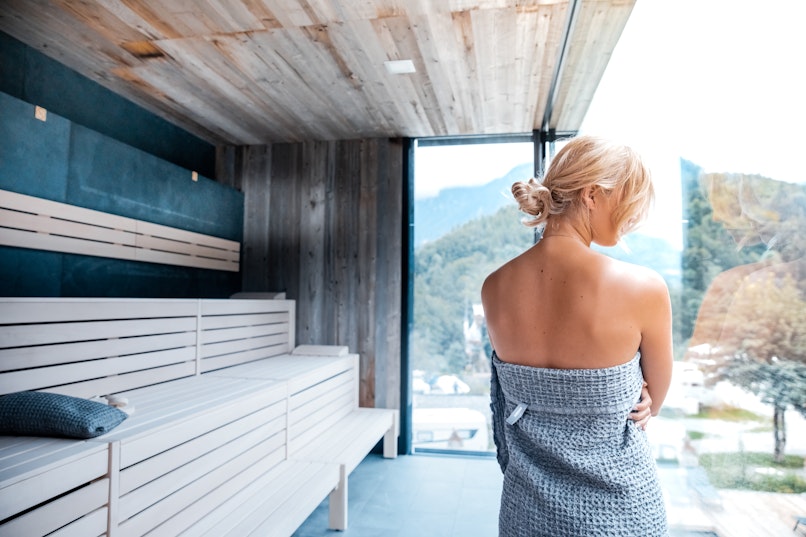
Harvia studied Finnish and German sauna preferences
One thing unites
There are differences in the sauna habits of Finns and Germans – in both countries, however, the popularity of the traditional sauna holds its own. This is what a recent survey, which was attended by 400 Finnish and 400 German consumer panel members who go to sauna at least a few times per year, says.